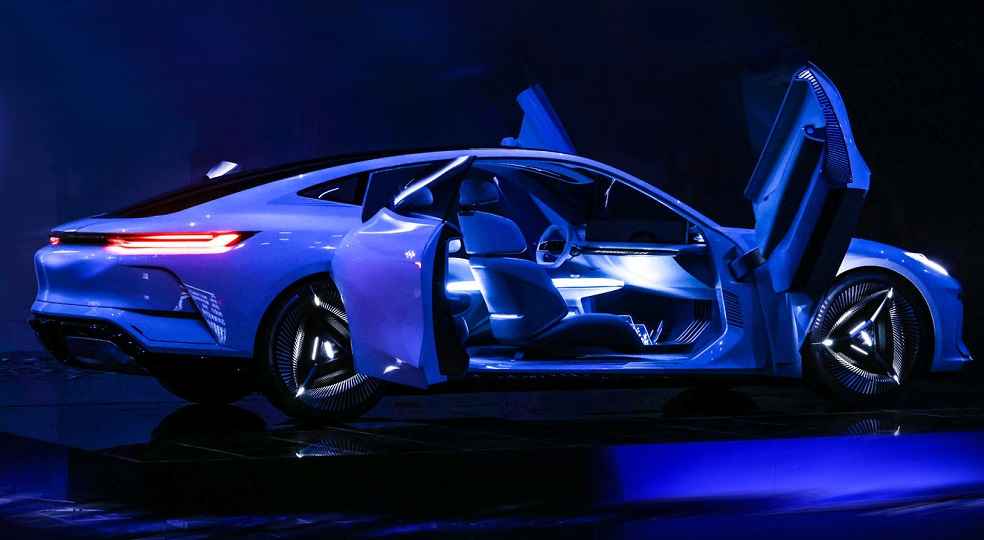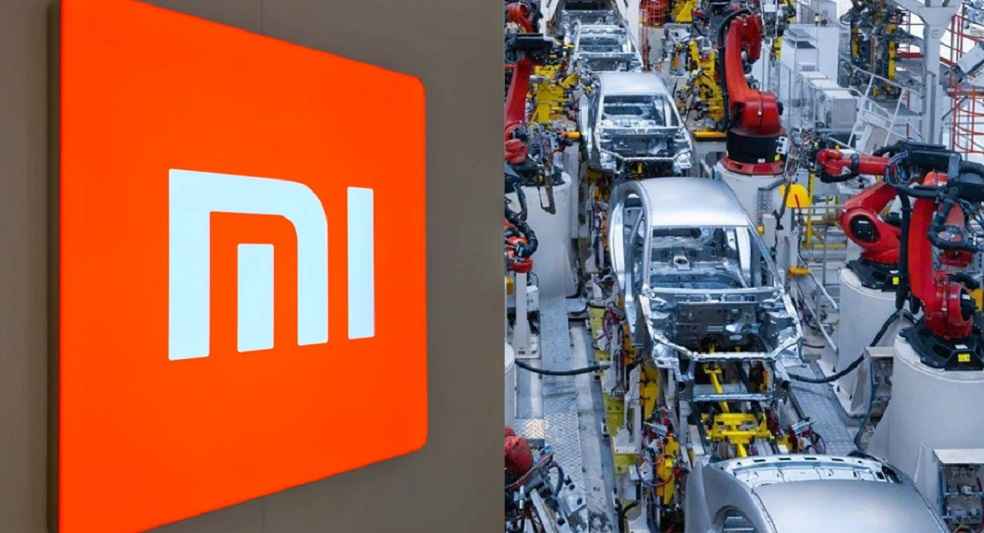China’s auto industry, already a global leader in new energy vehicles (NEVs), is now shifting its focus toward intelligent development, driven by advancements in artificial intelligence (AI) and smart technology. As competition intensifies, Chinese automakers are developing strategies to maintain their edge in this evolving market.
The 2024 World Intelligent Connected Vehicles Conference (WICV), held in Beijing from October 17 to 19, showcased China’s growing prominence in this field. Over 250 auto companies and institutions, both domestic and international, participated in the event, debuting more than 200 new technologies and products. The event underscored China’s dedication to transitioning from traditional automaking to an industry dominated by intelligent connected vehicles (ICVs).
“Intelligent connected vehicles (ICVs) have become a focus of industry innovation, and Chinese automobiles are accelerating into a new stage with intelligence as their core competitiveness,” stated Li Shufu, chairman of Geely Holding Group, during the conference. He emphasized the importance of embracing intelligent technology to solidify China’s position as a global automotive leader.

Geely, one of China’s leading automakers, is at the forefront of this transformation, focusing on innovations in areas such as intelligent driving, human-machine interaction, and safety. The company is also developing a space-ground smart network, demonstrating its commitment to building integrated, intelligent ecosystems.
China’s ICV market is rapidly growing. Zhu Huarong, chairman of Chongqing Changan Automobile, projected sales of 17 million ICVs in 2024, with a market penetration rate exceeding 63%. He pointed to advancements in onboard chips, low-orbit satellites, and intelligent driving systems as key drivers of this growth.
International automakers are also keen to integrate themselves into China’s intelligent automotive landscape. Volkswagen China’s CEO, Stefan Mecha, praised the country’s proactive government policies and tech-savvy consumer base, noting that these factors foster innovation.
Volkswagen is investing heavily in local research and development to better align with China’s burgeoning NEV and ICV ecosystem. The automaker’s Hefei development center, its largest outside Germany, and partnerships with local companies like Xpeng and Horizon Robotics highlight Volkswagen’s commitment to this market.

The Chinese government’s support for intelligent vehicle development was also highlighted by Jin Zhuanglong, Minister of Industry and Information Technology. He noted that China’s ICV sector has developed a comprehensive industrial system, including key components such as sensors, basic chips, and chassis control.
Additionally, nearly 400 Chinese small and medium-sized enterprises (SMEs) are specializing in cutting-edge ICV technologies, with several ranking among the top global players in areas like lidar production and conditional automated driving.
Lei Jun, founder and CEO of tech giant Xiaomi, revealed that the company is on track to deliver 20,000 units of its first NEV model, the SU7, this month, with an annual target of 100,000 vehicles by November. Xiaomi, a recent market entrant, has made significant strides in intelligent driving and smart cockpit technology.
Lei emphasized that the automotive industry will undergo large-scale restructuring in the next five years, urging companies to collaborate and avoid redundant investments as they build a smart automotive ecosystem.
As the industry evolves, more than 50 Chinese cities have designated over 32,000 kilometers of test routes for ICVs, with 10,000 kilometers of roads already upgraded with smart technologies to support this transformation.
TRENDING | Italian Autoworkers Strike as Stellantis Faces Job Cuts and Production Woes





